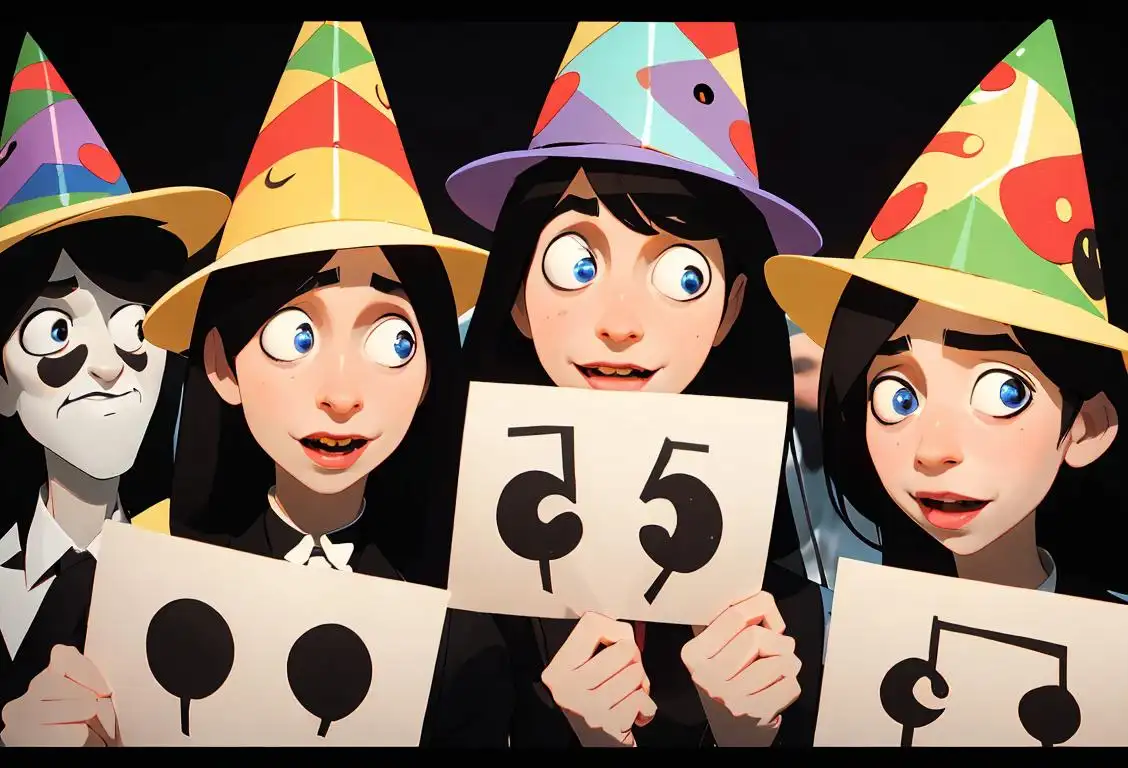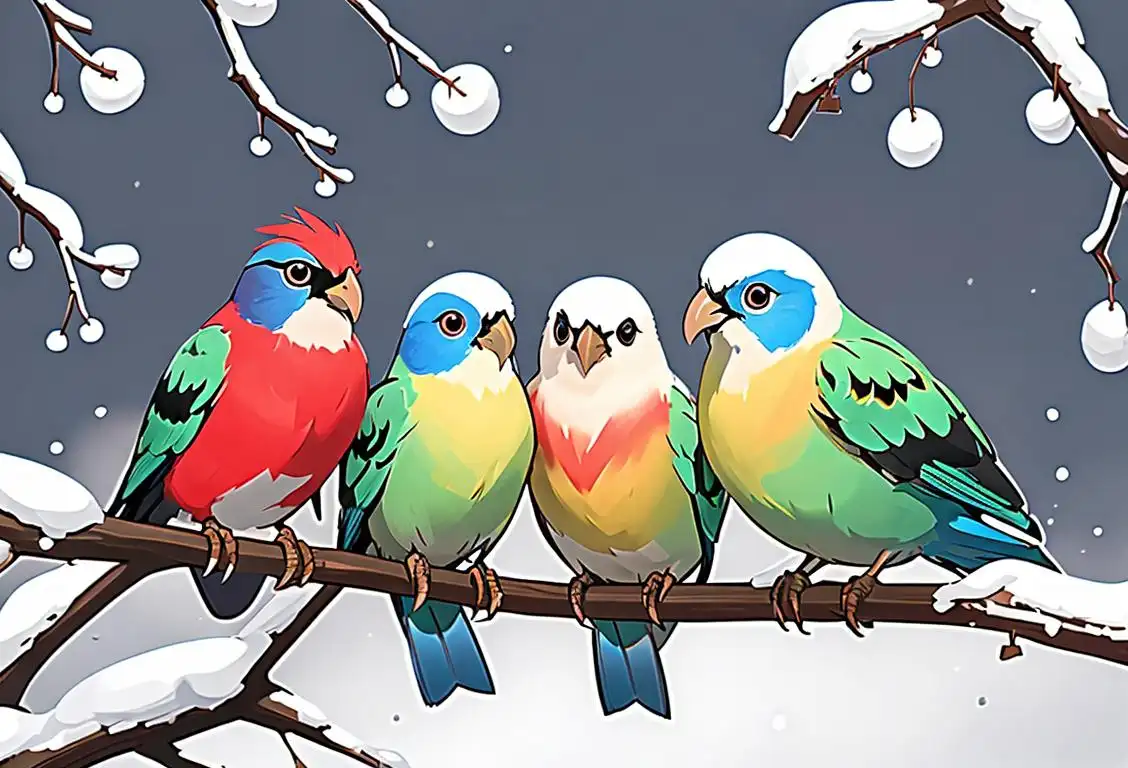National Reading Day

Reading brings us joy, transports us to far-off lands, and is often the start of many a late-night 'just one more chapter' mantra that ends at sunrise. And yes, there's a day for that too! Buckle up, my fellow bookworms, as we embark on the magical journey of National Reading Day.
When is Reading Day?
It's national reading day on the 23rd January.
What is National Reading Day?
Amongst all the marvels of the world, printed pages hold a special place, providing solace, joy and wisdom in equal measure. National Reading Day, a phenomenon that took the online world by storm on the 23rd January 2017, is a day dedicated to the appreciation of this understated form of escapism.
History of National Reading Day
Set upon the digital ejecta of 3850 mentions, National Reading Day is celebrated primarily on the 23rd January each year, running amok on the Internet with hashtag-led cheerleading for the power of words. This day is an annual celebration aimed at motivating children, adults - basically anyone with a working pair of eyeballs, to embrace the joy that can only be found in the sacred act of reading.
How to Celebrate
Your shelves are calling! Grab a novel, informative text, magazine or even a comic book, and delve into a universe of your choosing. If glasses aren’t your thing but hearing is, then audio books are whispering your name!
Fun Reading Ideas
Get together with fellow word-nerds and start a reading challenge or book club. For those who love the smell of a new book, honour National Reading Day by extending your library. Contribute to your favourite author’s royalty cheque and immerse yourself in their latest opus. If you’re financially savvy, then second-hand books stores or libraries will gladly be your literary enablers.
History behind the term 'Reading'
5th Century
The Invention of the Alphabet
In the 5th century BCE, a significant step was taken in the history of reading with the invention of the alphabet. The alphabet provided a system of written symbols that could represent the sounds of spoken language. This breakthrough allowed for more accessible and standardized forms of writing, enabling a wider range of people to engage in reading.
15th Century
The Gutenberg Printing Press
A pivotal development in reading occurred in the 15th century when Johannes Gutenberg invented the printing press. With his innovative invention, books could be mass-produced at a fraction of the time and cost compared to traditional hand-copying methods. This advancement revolutionized access to written material and played a crucial role in the spread of literacy throughout Europe.
18th Century
The Rise of Public Libraries
During the 18th century, public libraries began to emerge, marking another milestone in the history of reading. These institutions provided access to books and reading materials to a broader segment of society. Public libraries became centers of education, enlightenment, and community gathering, encouraging the growth of literacy and knowledge sharing.
19th Century
The Introduction of Mass Market Books
The 19th century witnessed the rise of mass market books due to technological advancements in printing and paper manufacturing. Publishers started printing books in large quantities, making them more affordable and increasing their availability. This development led to a significant expansion of reading culture, with books becoming a popular form of entertainment and information for many people.
20th Century
The Digital Evolution
In the 20th century, reading underwent a transformative change with the advent of digital technologies. The introduction of e-books, audiobooks, and online platforms revolutionized how people access and consume written content. Digital reading formats made reading more accessible, portable, and customizable, allowing readers to embrace new ways of experiencing books.
21st Century
The Era of E-Readers and Mobile Reading
The 21st century introduced e-readers and mobile reading devices, contributing to the evolution of reading habits. Compact and lightweight e-readers made it convenient to carry numerous books in a single device, while smartphones and tablets provided easy access to reading material on-the-go. This digital revolution created new possibilities for lifelong learning and expanded reading opportunities worldwide.
Did you know?
Fun fact! Bibliosmia is the word for loving the smell of old books. If you're guilty as charged, then you're a Bibliosmiac!Tagged
awareness fun education wisdom fantasyFirst identified
12th August 2015Most mentioned on
23rd January 2017Total mentions
3850Other days
Reading Day
Mathematics Day
Teacher Appreciation Day
Grammar Day
Student Athlete Day
Punctuation Day
History Day
Bird Day
Education Day
School Nurse Day








